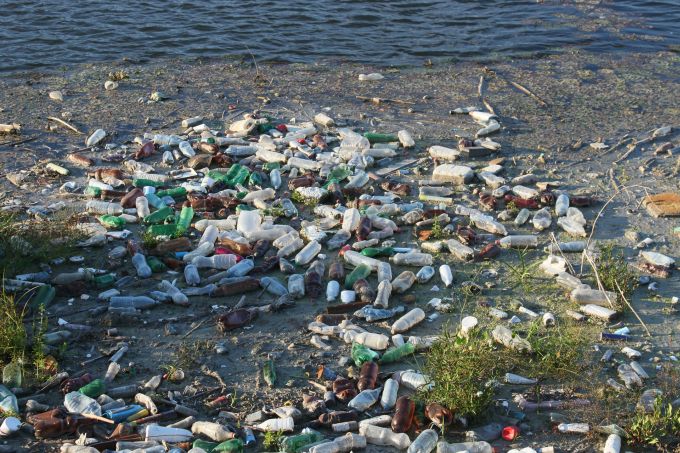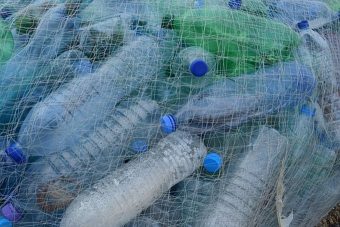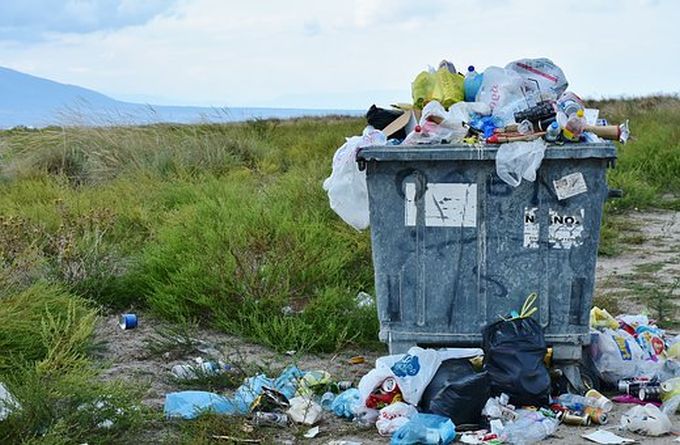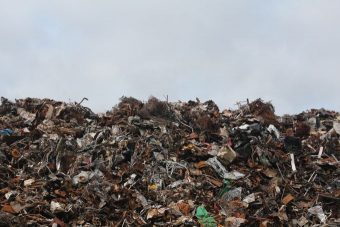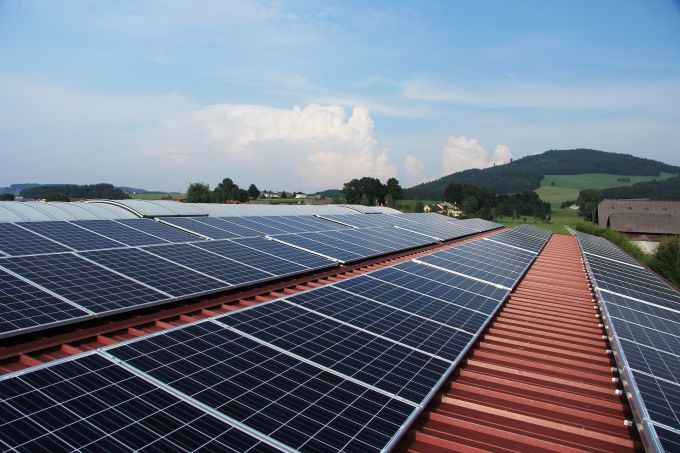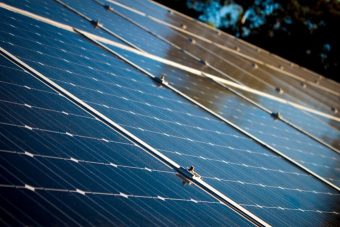
Curbing flight emissions is essential to meeting the Paris pact, but planes are completely absent from the text, face no legal fuel efficiency requirements or limits on CO2 emissions. But all that is about to change.
In the coming weeks, the Paris climate agreement could be about to enter into force. Action to meet the deal’s targets of holding global warming to 2C is most clearly visible in the energy sector – where a low-carbon transition is underway. There is, however, one sector where, until now, action has been invisible owing to its exemption from contributing to the fight to limit carbon pollution: international aviation.
Aviation is one of the top-10 global carbon polluters. The industry emits more CO2 each year than the 129 countries with the lowest annual emissions. Worryingly, those emissions are expected to balloon by 300% if no concerted action is taken sooner rather than later. In 2010, 2.4 billion passengers travelled by plane, but by 2050 that number is expected to rise to 16 billion.
The global agreement reached in Paris last December committed the world’s governments to fighting climate change. Curbing aviation emissions is absolutely essential to fulfilling those commitments. However, aviation was conspicuous by its absence from the text.
Aviation has, in fact, historically found itself in a parallel universe when it comes to the industry’s contribution to the fight against climate change: it has made none. Airlines have been operating in a world where they pay no fuel taxes, are VAT-exempt, face no legally-binding fuel efficiency requirements, and have no limits placed on their CO2 emissions. But this could all be about to change and not before time.
The UN body responsible for international civil aviation, ICAO, has been charged with creating a global market-based mechanism to offset the industry’s growth in emissions from 2020 onwards. Transport ministers from all around the world are set to meet at the next ICAO Assembly in Montreal, from 27 September to 7 October 2016, and they must live up to their responsibilities. It is essential ministers agree a global market-based mechanism for international aviation that delivers carbon neutral growth from 2020 – with a significant ramping up of that ambition over time.
Such a commitment to carbon neutral growth post-2020 would, itself, not be enough to fulfil the goals of the Paris agreement. And the current state of negotiations suggests that any final agreement will, in any case, fall far short of even that fundamental commitment.
Worryingly, in a blatant attempt to delay vital action, ministers are set to agree that binding limits should not come into force before 2027. Until then, two ‘voluntary phases’ of the scheme are expected, allowing continued and limitless growth in aviation emissions. Furthermore, the current proposals are plagued by a large number of unacceptable exemptions that are pegging back ambition.
EU Transport Ministers attending the ICAO Assembly have a duty to make sure the global market-based mechanism is robust enough to deliver on the commitments made in Paris.
This means, firstly, ensuring the ambitions of the scheme remain dynamic, and under constant review. It is essential that the scheme includes guarantees on the environmental integrity of offsets, and that it prohibits double-counting and provides transparency on the offsets used. Secondly, the scope of participation must be sufficiently wide-ranging, and the wealthiest countries must take responsibility for their historical burden and pledge to do more to reduce emissions.
Finally, allowing regional blocs such as the EU to take further measures to curb aviation emissions is an essential part of enabling them to honour the commitments they made in Paris, especially if ICAO fails to deliver. Under EU law, international flights to and from the European Union will once again fall under the block’s emissions trading scheme from 2017. It is vital, therefore, that there are no attempts to water down this mechanism.
While the ICAO compromise is too weak to deliver what is necessary to keep temperature increases below dangerous levels, it does have the potential to deliver significant action if certain clauses are strengthened and the widest possible political engagement is secured.
This is why we must all increase the pressure on our governments to make sure they reach an agreement in Montreal that is as ambitious as possible and finally shakes aviation from its parallel universe, forcing it to take a stake in efforts to tackle our common challenges. With a Paris deal coming into action, the world cannot afford a failure in its first global attempt to put words into action.
Source: theguardian.com






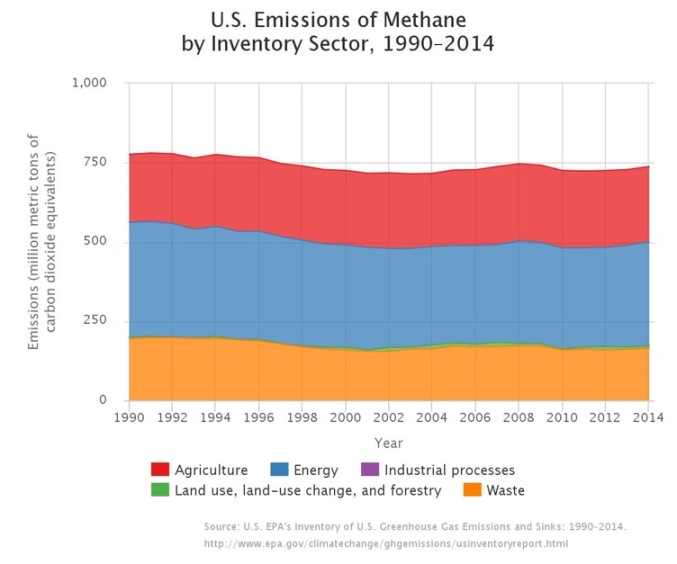
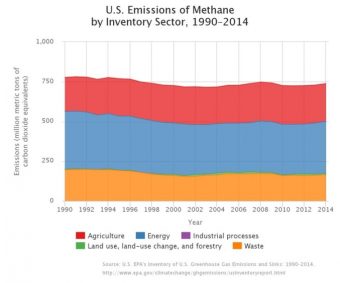 API Upstream Group Director Erik Milito discussed ongoing industry efforts to reduce methane emissions and the risk to emissions reductions progress posed by adding new layers of regulation during testimony this week before the environment subcommittee of the U.S. House Science, Space and Technology Committee. Highlights from Milito’s submitted remarks:
API Upstream Group Director Erik Milito discussed ongoing industry efforts to reduce methane emissions and the risk to emissions reductions progress posed by adding new layers of regulation during testimony this week before the environment subcommittee of the U.S. House Science, Space and Technology Committee. Highlights from Milito’s submitted remarks: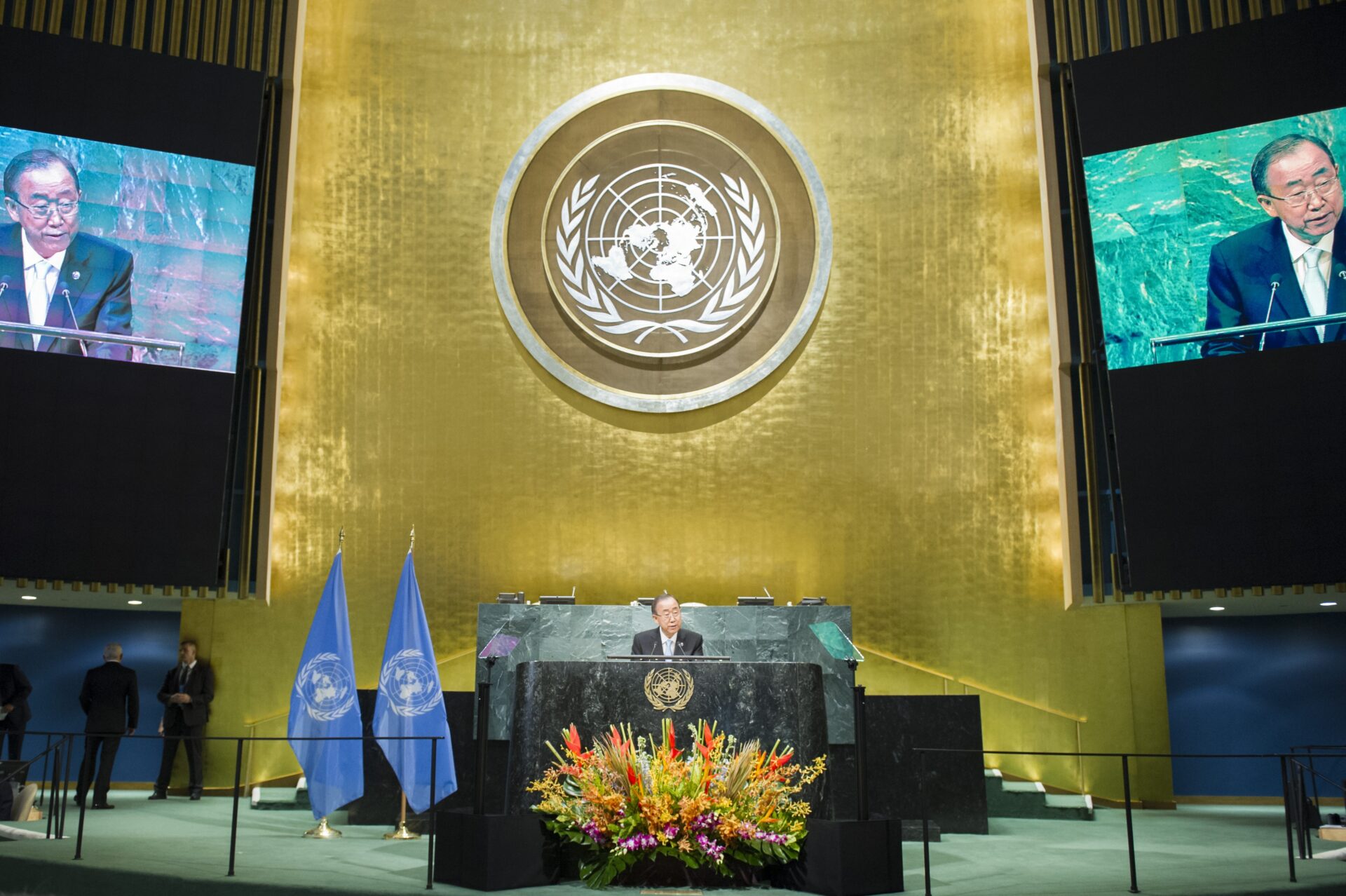
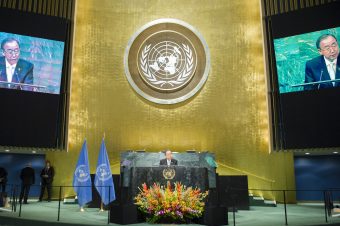



 The author of the text: Miroslav Tadić, UNDP
The author of the text: Miroslav Tadić, UNDP






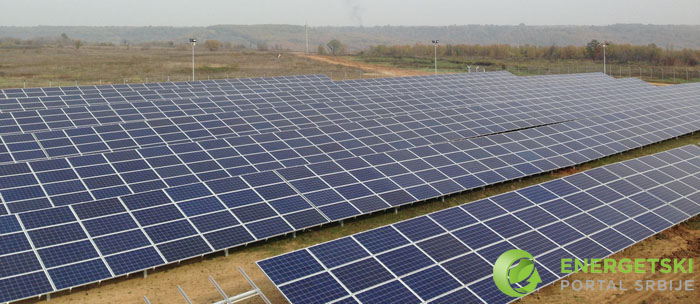
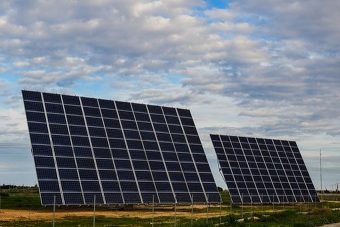

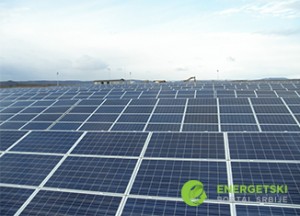 Enel through its subsidiary Enel Green Power Brasil Participaes Ltda. (“EGPB”), has started construction of the 292 MW Nova Olinda solar power plant in Brazil which, once completed, will be the largest in Latin America. The construction of this new facility builds upon EGPBs leading renewable energy presence in Brazil, where the company already runs the countrys largest solar plant currently in operation, Fontes Solar (11 MW), and is building Ituverava (254 MW), which will be Brazils second largest solar project.
Enel through its subsidiary Enel Green Power Brasil Participaes Ltda. (“EGPB”), has started construction of the 292 MW Nova Olinda solar power plant in Brazil which, once completed, will be the largest in Latin America. The construction of this new facility builds upon EGPBs leading renewable energy presence in Brazil, where the company already runs the countrys largest solar plant currently in operation, Fontes Solar (11 MW), and is building Ituverava (254 MW), which will be Brazils second largest solar project.